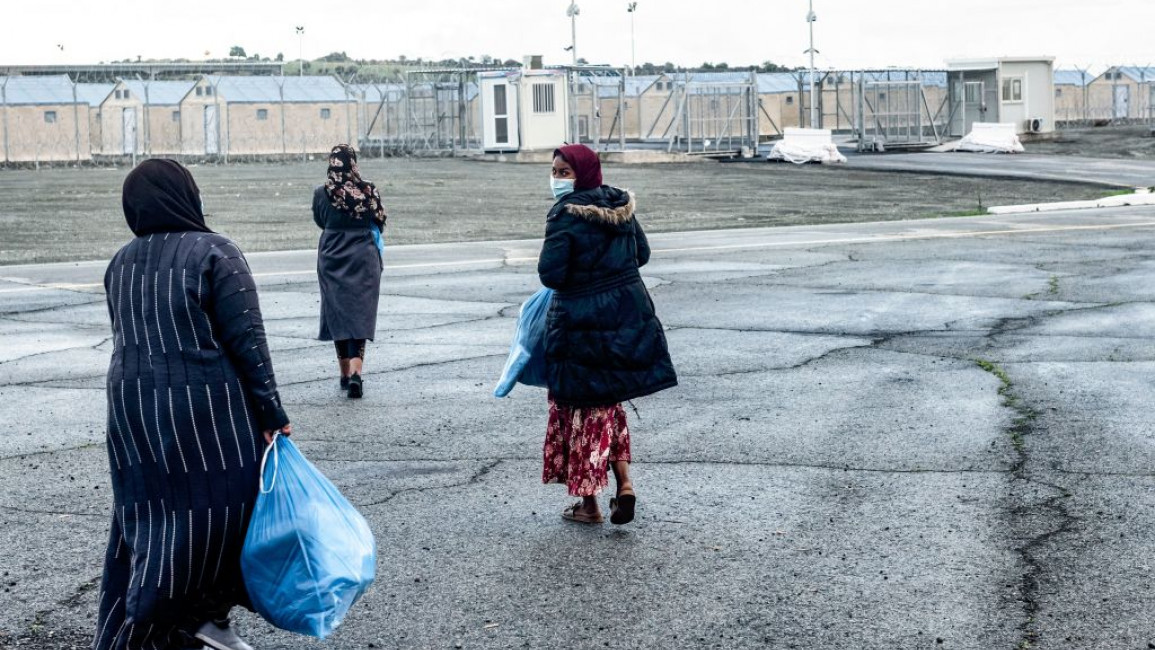Cyprus streamlines migrant returns with EU help amid surge in asylum applications
The EU and it’s border agency Frontex have helped Cyprus streamline procedures to return migrants who have had their asylum applications rejected amid soaring numbers of arrivals, the country's interior minister said Tuesday.
The Standard Operation Procedures for Returns have been finalised and will be “continuously tested” during voluntary and forced returns over the next few months to identify and fix any problems.
Minister Nicos Nouris told reporters after talks with Beate Gminder, who heads the European Commission’s Migration Management Task Force, that Cyprus saw 1,335 new asylum applications in January — more than double the number from the same month two years ago.
Nouris said despite 13,235 new asylum applications being filed last year, Cypriot authorities managed to examine 16,000 of which nearly 13,000 were rejected. He said 85 percent of those who applied for asylum had entered Cyprus from the breakaway north of the ethnically divided island and crossed a United Nations-controlled buffer zone to file their claim.
Cyprus was split in 1974 when Turkey invaded following a coup aimed at union with Greece. Cyprus accuses Turkey of facilitating migrant flows to the east Mediterranean island nation.
Nouris said most of migrant arrivals originate from sub-Saharan African countries, arrive in the breakaway north from Turkey’s Istanbul airport or its southern ports, then cross the buffer zone to get to the EU side of the island.
Gminder said the EU would offer additional funds to bolster migrant reception facilities in Cyprus that Nouris said have long exceeded their capacities to host new arrivals.



